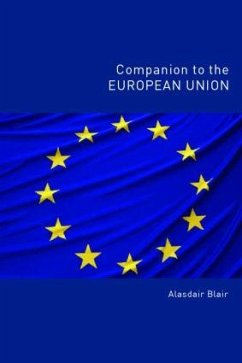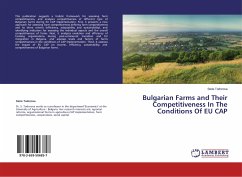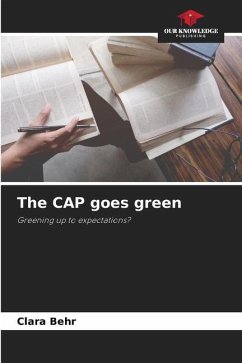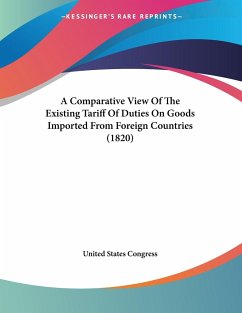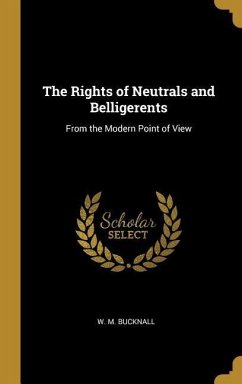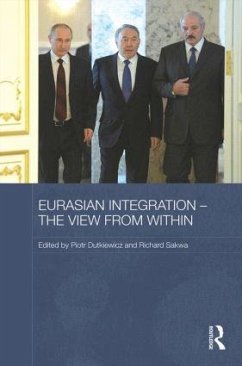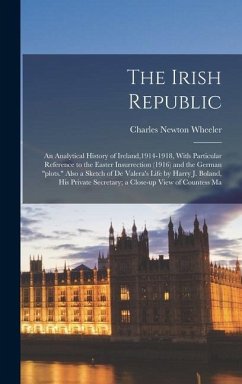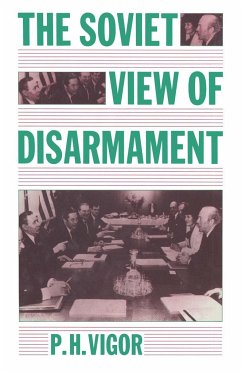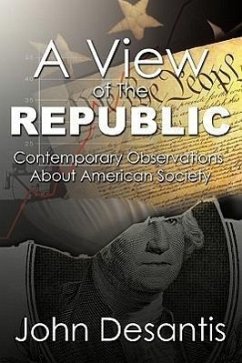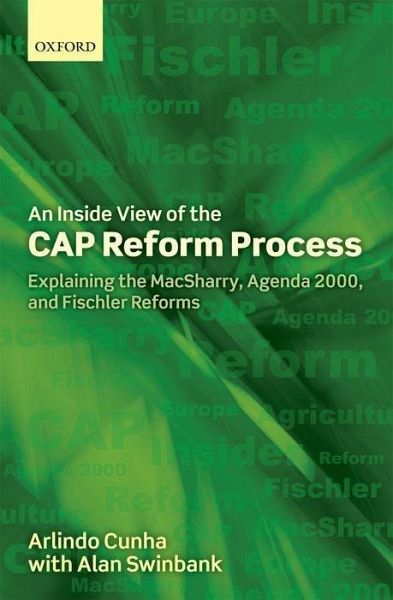
Inside View of the Cap Reform Process
Explaining the Macsharry, Agenda 2000, and Fischler Reforms
Versandkostenfrei!
Versandfertig in 1-2 Wochen
146,99 €
inkl. MwSt.

PAYBACK Punkte
73 °P sammeln!
The definitive account of the CAP reform process which will be essential reading for academics and students from a number of disciplines, as well as others who simply want to know why the CAP is as it is, and how decisions are really taken in Brussels.
An Inside View of the CAP Reform Process is about EU decision-making, in particular for the EU's Common Agricultural Policy (CAP). From its formation in the 1960s through to 1992 the CAP was almost immune to change; but from 1992 a series of major reforms took place. Many authors have asked why and how this change came about, including academics writing from political economy and political science traditions, and EU officials themselves. With the benefit of Arlindo Cunha's intimate insider's knowledge, this book delves into the mysteries of the policy making process by assessing the MacSharry, Agenda 2000, and Fischler reforms, explaining how, and why, CAP reform became part of the political agenda, and the decisions that were taken. It focuses in particular on the role of the Commission and the Commissioner for Agriculture, the Council of Ministers and its Presidency, and the European Parliament. Drawing upon the economics and political science literatures as appropriate, the book adopts a heuristic political economy approach.



